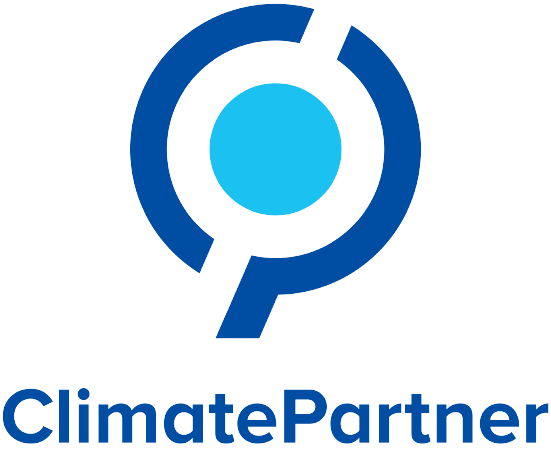With the support of ClimatePartner, Nestlé launches their first range of climate neutral products in Germany: The entire Piccolini product range, now also with two new vegan and a meat-free variety, as well as the LITTLE STEPS infant milk formula in a new format.
ClimatePartner has calculated the CO2 emissions of the products over their entire life cycle – from ingredients and raw materials to production and packaging, transport, preparation and disposal. The extensive measures that Nestlé is already taking to avoid and reduce emissions were also taken into account. Emissions that cannot yet be further reduced or avoided are offset through certified carbon offset projects, such as an afforestation project in Kikonda, Uganda, where uncontrolled deforestation previously occurred.
These first climate neutral products are the beginning of a climate action plan that will encompass the entire Nestlé company and all products by 2050:
- By the end of 2022 at the latest, more Nestlé brands will become climate neutral: Garden Gourmet, Nespresso and water brands such as Vittel and S. Pellegrino have already started the transition.
- By 2030, Nestlé will continue to halve greenhouse gas emissions globally through a wide range of measures, including optimising raw materials and production, packaging and transport.
- By 2050, the company plans to reach Net Zero across its 187 locations and all of its approximately 2,000 brands. This includes adding more plant-based products to the portfolio, switching production to green electricity, further optimising transport routes and actively promoting regenerative agriculture.
“We are radically reducing CO2 and other greenhouse gas emissions – throughout the company and along the entire supply chain – from the field to the consumer´s table,” says Anke Stübing, Head of Sustainability at Nestlé. “Together with ClimatePartner, we calculated that the largest carbon footprint – nearly two-thirds of emissions – is caused by the raw materials we use. That’s why we’re supporting 500,000 farmers around the world to switch to soil-friendly regenerative farming.”
For Tristan A. Foerster, CEO of ClimatePartner, Nestlé’s climate action plan has an important signaling effect: “Nestlé’s goals serve as a model. By looking at a product from the production of its raw materials to its use by consumers, i.e. in accordance with the Farm2Fork approach, all the levers for comprehensive climate action can be activated. Nestlé is thus taking a holistic, ambitious path towards climate neutrality, which we are happy to support.”



